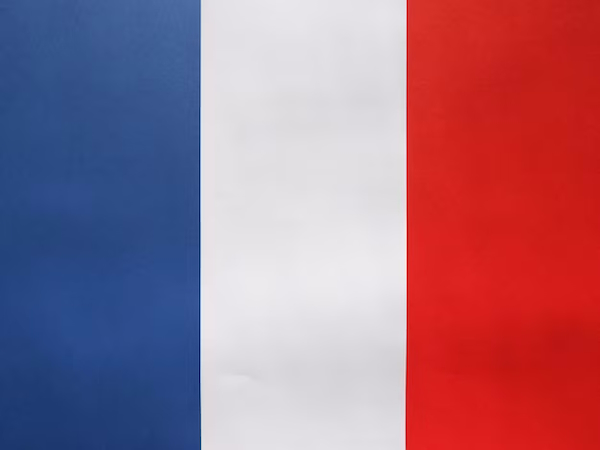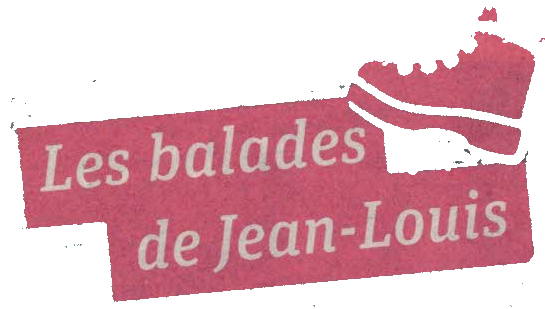
Toutes les balades de Jean-Louis / All Jean-Louis’s walks
All Jean-Louis pitteloud’s walks







High mountain races take place at altitude and require great endurance. Given the strain it puts on the heart, circulatory system, muscles and joints, you need to be in good health and be able to judge your own ability. Avoid being pressed for time and choose a pace that everyone can keep up with.
From 2500 metres upwards, the body needs time to get used to the altitude. It is therefore essential to climb slowly and gradually increase the altitude at which you sleep. If you experience symptoms of altitude sickness (headaches, dizziness, nausea, etc.), the best thing to do is to descend.
Maps, guidebooks, the internet and experts provide information on the length of a route, the gradient, the difficulty and the current conditions. Weather forecasts are particularly important, as storms, snow, wind and cold can greatly increase the risk of accidents. Plan alternative routes too! Before setting off, discuss your plans with all the participants so that everyone is informed. Find out the emergency numbers for mountain rescue services in your country (European emergency number: 112).
Ability, experience, motivation and the size of the group determine the choice of race. Ideally, there should be between 2 and 6 people in the group; any larger and it becomes a risk factor! It is not advisable to set off alone. Tell those close to you about your objective, your route and the time you expect to be back.
Adapt your equipment to your goal and keep the weight of your rucksack to a minimum! A rope and helmet will protect you from slips and falling rocks, and crampons and an ice axe will help stabilise you. Don’t forget sun protection. In an emergency, it’s best to carry a first-aid kit, a bivvy bag/survival blanket, a mobile phone and a headlamp.
As glaciers retreat, snow melts and the zero degree limit rises, the risk of rockfalls and falling into crevasses increases. So it’s important to set off well in advance, constantly assessing the weather and the situation on the ground and adapting your route accordingly.
It can be very difficult to find your way when there is no path, on a glacier or when visibility is poor. So it’s important to know how to use your map, altimeter, compass and GPS. When in doubt, turn back in time!
Snow and ice slopes and rocky ridges require a mastery of belay and rescue techniques. If a climber falls into a crevasse, the roped party can stop the fall. Caution: if you are roped up in steep terrain, you run the risk of a training accident.
Slip or trip and you fall… It’s the main cause of accidents in the mountains! Be aware that fatigue and a fast pace greatly reduce your concentration and the safety of your steps. It takes a lot of practice to know how to use your crampons and ice axe safely.
The high mountains are a precious place to explore a unique wilderness. Enjoy this freedom and respect this fragile environment! Look out for others and help environmental associations and mountain organisations to protect the environment and look after nature.